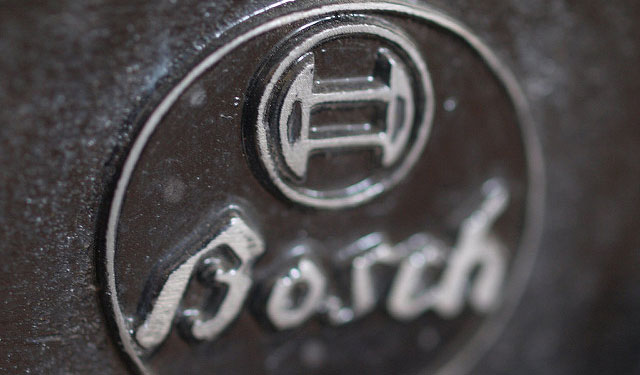
Bosch was always interested in innovation, so this time they brought a smart gas pedal to the table. An intelligent pedal saves money by conserving fuel consumption, and it also increases safety on the streets. If you are having problems with timing when it comes to switching gears then this innovation is going to be very helpful.
Believe it or not, with correct use of gas pedal consumption of fuel is reduced by considerable amount. This information didn’t just come of the top of our heads, but it was actually the subject of research in Bosch for last few years.
Fuel consumption and transmission
In theory, to save up fuel on the same level as this system you would have to be extremely gentle with the pedal, in fact so much that it is almost physically impossible.
We suppose that there are few people which are actually capable of this, but for the rest of us Bosch is developing a smart gas pedal which will send vibrations when shifting a gear would be ideal, and it will also notify you if you need to press the pedal more or less.
Germans claim that with this innovation they can save us about 7 percent of fuel while reducing the pollution of the environment as well. They say that this is basically a connection between a pedal and transmission system. It is way simpler and practical than the current indicators on the panel which serve the same purpose.
Now, if you have an automatic gearbox, don’t worry because while in cruising mode you will be able to save some fuel also. While driving down the hill or when you find yourselves on long straight road, the engine will temporarily shut down and the pedal will notify you. Although it sounds pretty crazy, this process saves up to 30 percent of fuel.
Safety
Of course, besides fuel consumption the smart gas pedal increases safety as well. They are planning to connect it to other safety systems like for example collision warning. In this case the pedal would vibrate to warn you about potential impact. The device will have the possibility of connecting with navigation system so when a dangerous curve is up ahead, you will feel the vibrations.
All in all, it is smart and useful concept, the question is it going to be cheap enough for mass production? On the other hand, do we really need another complex system in our cars that could potentially break down and cause extra expenses or even worse?